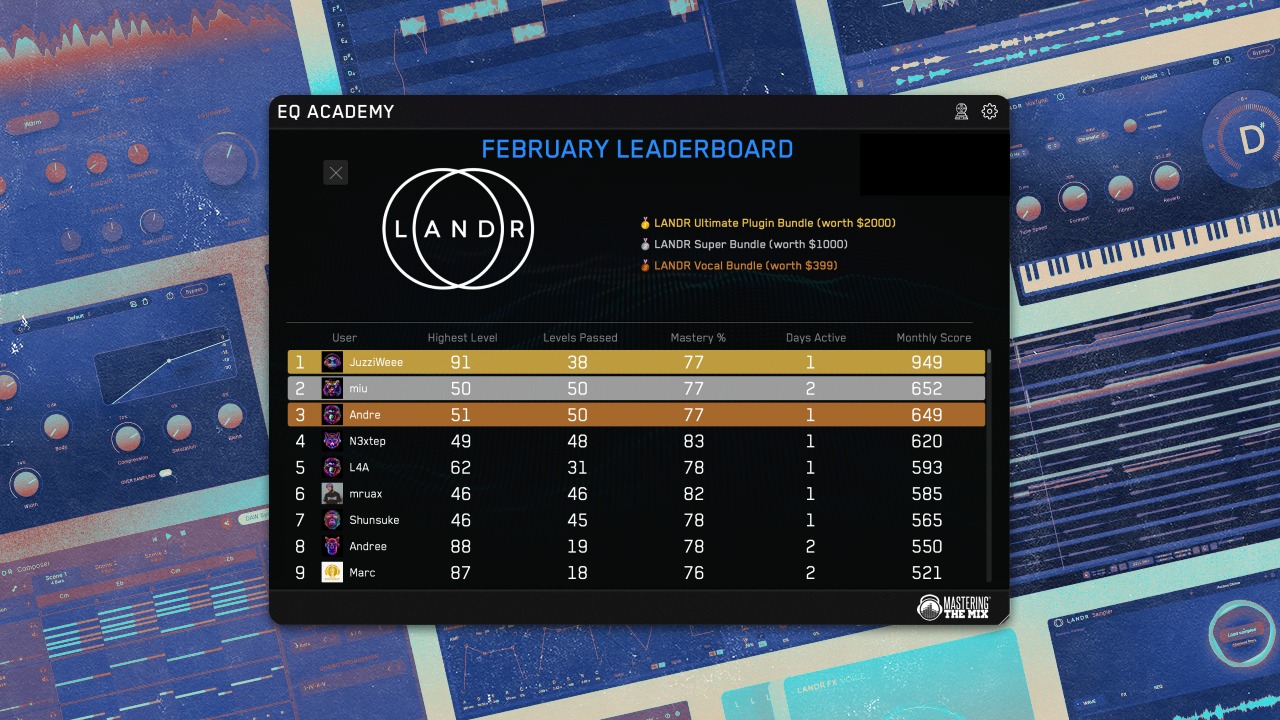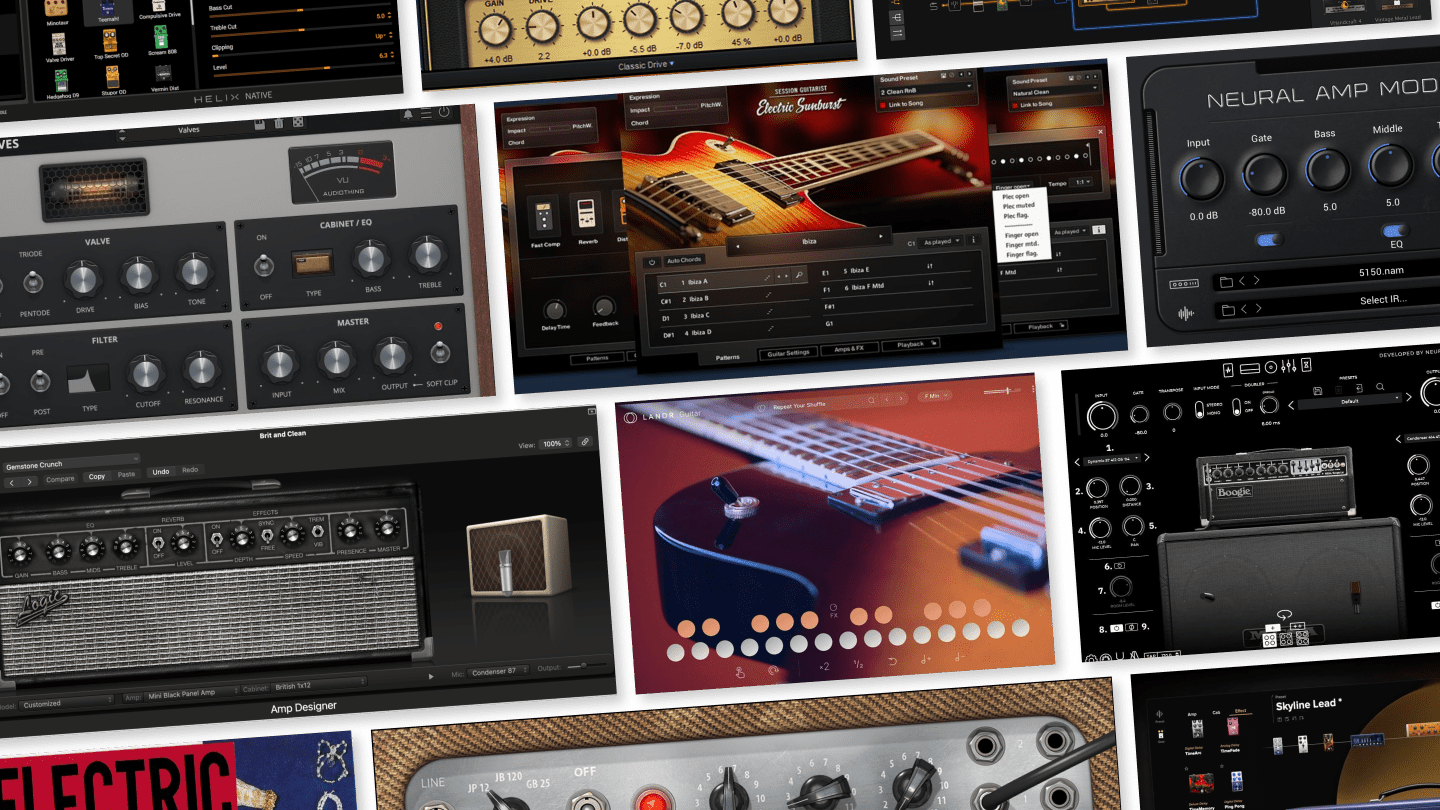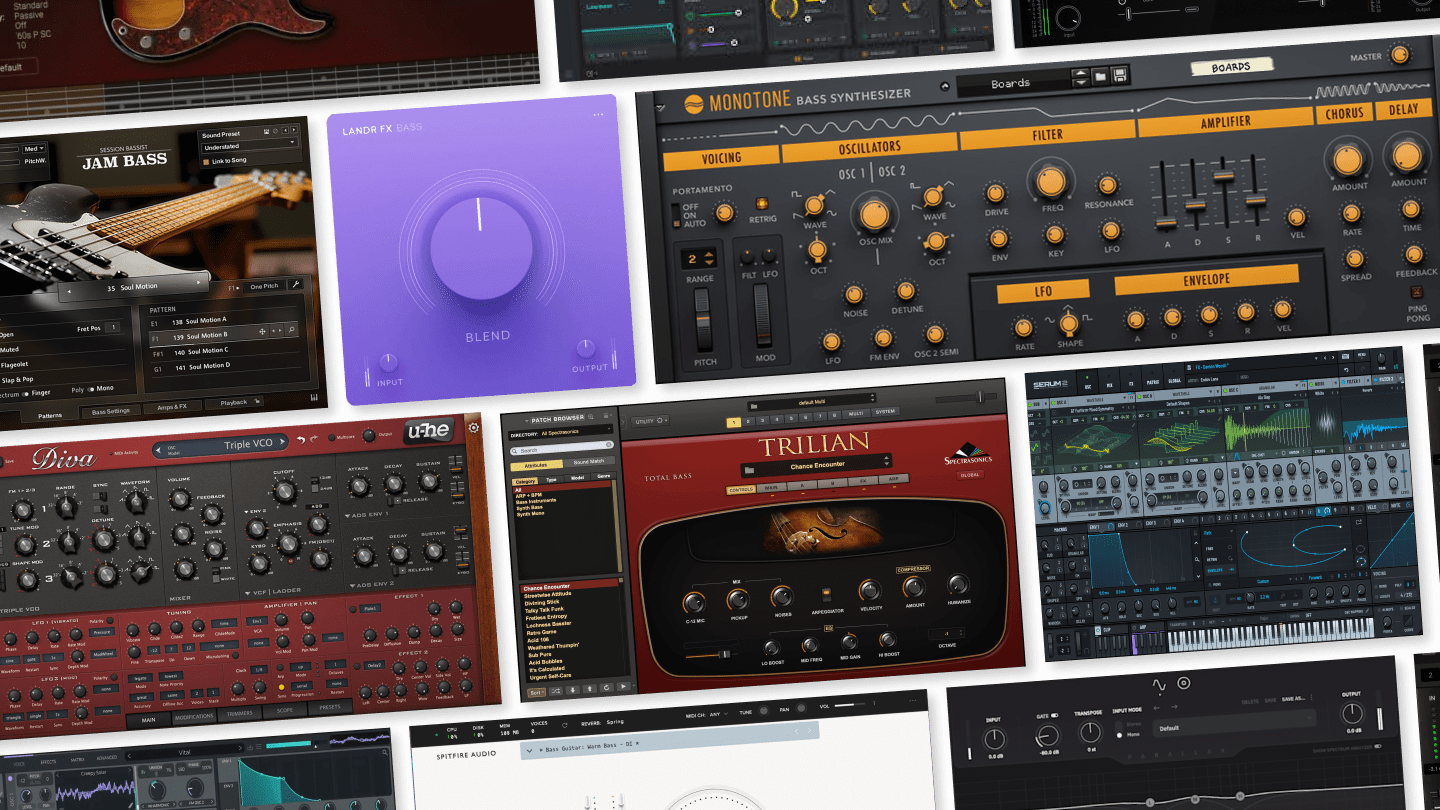
Ash Koosha is an AI Music Pioneer at MUTEK 2019
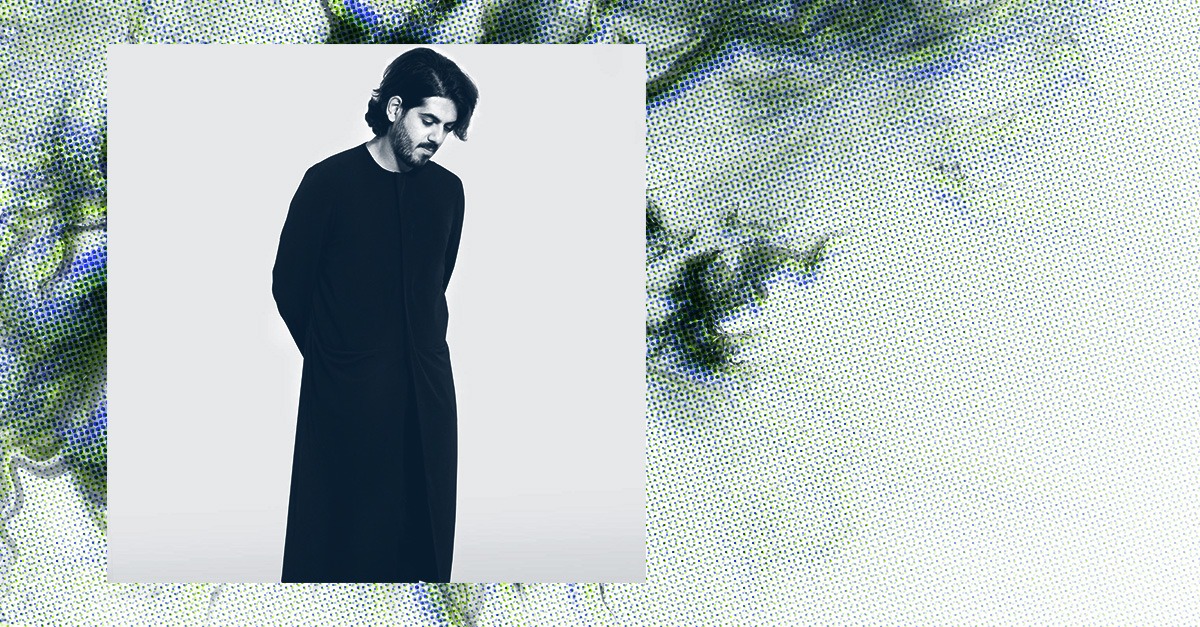
Ash Koosha is a British-Iranian composer, record producer, innovator and futurist living in London, United Kingdom. He mainly uses computer software in his work. In 2015 he introduced the concept for the world’s first virtual reality album and has developed multi sensory experiences for songs such as Snow, OTE, Stained and Eluded since. He has performed using a virtual reality headset for the first time at the London Institute of Contemporary Art, in collaboration with TheWaveVR. In 2018 he introduced a virtual singer named “YONA” using advanced technologies.
We sat down with Ash at MUTEK 2019 to talk AI, music tech and the future.
Q: Music and technology have always overlapped, but they’re still seen as separate domains. How does AI affect that relationship?
I think music and technology are not separate domains anymore. From artists, labels, publishing and online streaming, we rely heavily on algorithms, automation of processes and improvement of hardware/software.
AI is currently at the front of shifting music consumption and we see ideas emerging on how music can be generated using AI.
The music industry itself is a large creator of technological demand, more than ever.
AI is currently at the front of shifting music consumption and we see ideas emerging on how music can be generated using AI.
Q: Your AI singer-songwriter YONA feels like they have a distinct personality. How does that influence the music they make?
YONA is the creation of a process initiated by a human who seeks close to perfectly polished musical elements, curates them and respects the digital nature of the final content.
The influence is mainly coming from digital life on the internet. Virtual entertainers like YONA are meant to be the reflection of the Internet itself, so any song, melody or visual representation is coming from our human digital life. AI is utilised to facilitate such product.
Virtual entertainers like YONA are meant to be the reflection of the Internet itself, so any song, melody or visual representation is coming from our human digital life.
Q: You coined the term “auxuman” to refer to your AI creations, can you unpack that word a little for us?
Auxiliary Humans, in nature are supplementary people, similar to NPCs (non-player characters) in games, with the difference that they have the life of their own. They will supplement our digital entertainment worlds and connect people through stories.
Q: AI is a buzzword in tech circles right now, how does the intense interest in this technology affect your artistic practice?
Artificial Intelligence is an area of research. Many subsets of this scientific and technological field can be used to create phenomenas that never existed before.
We are in one of the phases of a bigger paradigm shift. I personally identified the need in many areas of music and art that can benefit from experimentation with AI.
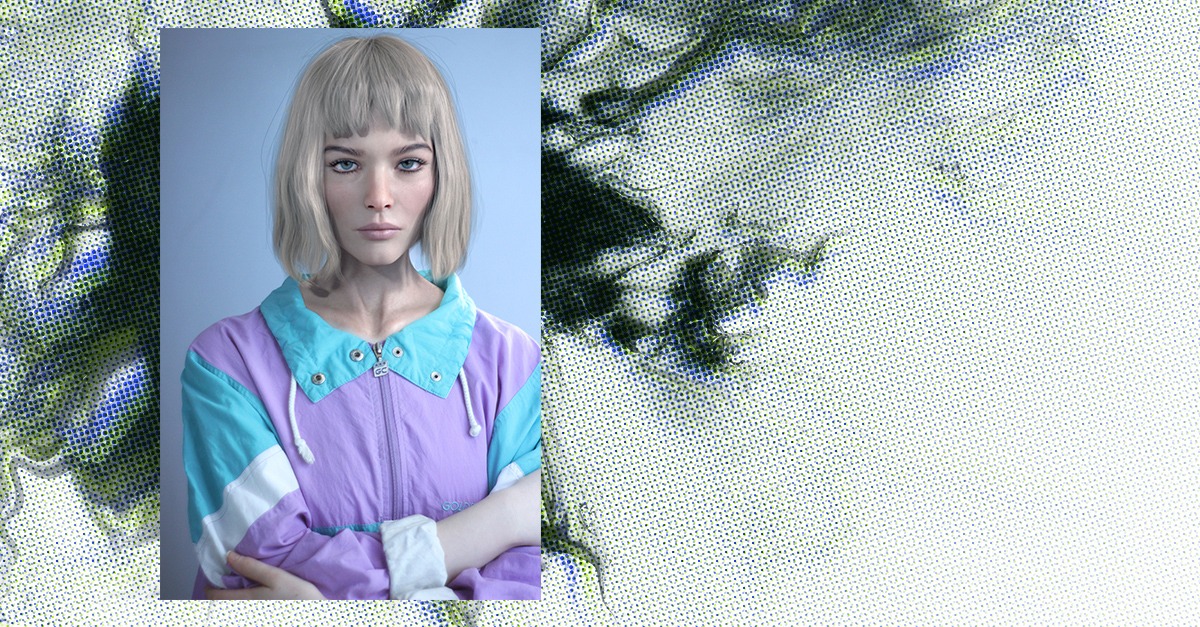
Q: Tell me about your artistic transition from underground rock to computer music and AI.
I have always looked for a space where we can break the norms and nostalgia driven loops.
I learned everything on generations of computers, biggest thing I learned is that there is always a new architecture or a new number (megabytes to gigabytes to terabytes of storage for example) that overcomes the previous generations’ limitations.
At the moment it is a monument of sound, put together, slowly and patiently by us humans.
Q: Your involvement in underground music played a role in your decision to seek asylum. Do you see AI as a subversive technology?
I don’t agree, in my case, the absolute dogmatic/backwards thinking of a hegemony in Iran is the dominant decision maker here. AI will be as helpful and destructive as religion, currency and media.
What we make with it to overcome time limits on our civilization’s survival in the next thousand years is in the hands of both ill-minded and dedicated, honest creators.
Q: What are your wildest predictions for the future of music and AI?
Music albums will become like tweets—short form expressions that immerse you in itself not the place it’s being played/performed.
Music will be an impulse delivered in real-time between people. At the moment it is a monument of sound, put together, slowly and patiently by us humans.
Written in collaboration with Mutek Montreal 2019. Learn more about Mutek and their ongoing series of global events.
Gear guides, tips, tutorials, inspiration and more—delivered weekly.
Keep up with the LANDR Blog.

